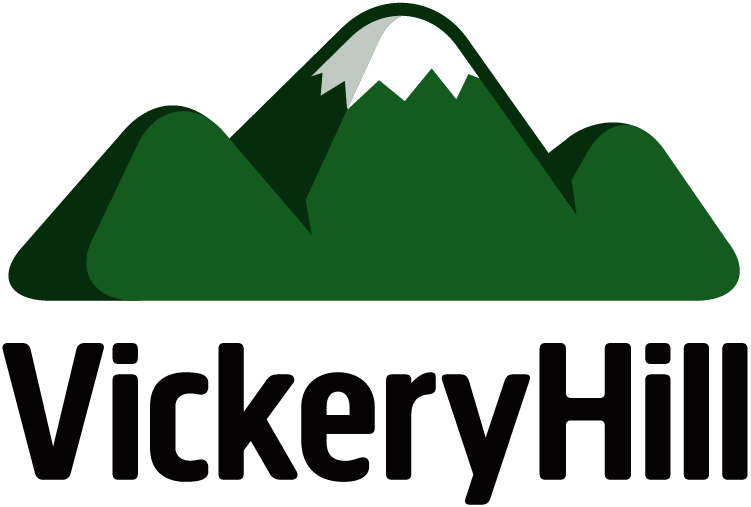How to Write a Successful Blog Post
Spoiler: The following contains Star Wars references. Reader discretion is advised.
Have you seen the commercial Ewan McGregor did for Expedia? It’s called Stuff. You have to watch this now or some of the rest won’t make sense. It asks the question, “Do you think we’re going to look back at the things we didn’t buy or the places we didn’t go?” The commercial begs you to get out there and travel. It’s selling experiences. And what better way to save on travel experiences than by using Expedia.
A long time ago (2005), in a far away state (California), I took an SEO course taught by Bruce Clay. He is an SEO Jedi Master. Back then there was a much more scientific formula to SEO. The title tag and meta description had to contain X number of characters. The keyword phrase had to be included Y times on the page.
Search engines have gotten a lot smarter since the release of Episode III. And while the science still matters, SEO has become much more of an art. You need to be creative and understand the wizardly of both marketing and copywriting to succeed at SEO in 2022.
Content is King and Stories Sell
I’m not sure where I heard this, but I remember someone talking about how content is king. It’s usually followed by a but. The most popular being:
- Content is King, but Story is God
- Content is King, but Storytelling is Queen
- Content is King, but Marketing is Queen
Maybe I came up with “and Stories Sell.” Maybe I didn’t. (I honestly don’t remember what I had for breakfast this morning.) The most likely scenario is that I was being a smartass. The acronym CIKASS is funny.
Regardless of how the phrase ends, the sentiment is the same. Content is important, but telling a story is equally important.
Expedia is a travel directory. It lists all the facts that you want to know about a location. How to get there. Where to stay. What to do while you are there. It will show you availability and prices. None of that is mentioned in Ewan’s commercial.
Instead, the Academy Award winning actor tells a story. In the end, none of the stuff we buy is going to matter. Later in life, when you sit down with your partner, a family member or a friend to reminisce, you aren’t going to talk about the 77” TV you bought. You’re going to talk about that vacation you took to the U.S. Virgin Islands and how you and 12 of your favorite people in the world partied until sunrise at a cool St. John villa.
I know what you’re thinking, “Geez, Jay. How on earth is this related to the title of this post?” Let’s get to that now.
Stuff vs. Story
Many of the websites I work on now contain pages with details about a variety of products or services. This winter season pass gives you access to all lifts and trails, but does not include parking. It is available for three different age groups and these are the prices for each. A page like this states the facts. It’s the stuff visitors need to know. A page like this is mostly static. Prices may change once a year.
Many websites also contain blog or news posts. News posts are usually corporate related stuff. X was hired as Vice President. Y will be closed for the summer. But the blog pages… This is where you tell your stories. Your sole goal in a blog post should be to write content that is compelling enough to convince visitors to convert. (That’s a lot of Cs.)
Sticking with the winter season pass example I mentioned previously, I would write a post that talks about my experience on the mountain. How I got there. What I did. Where I ate. A blow-by-blow retelling of my day.
Circling Back to SEO
Blog posts provide an opportunity to present fresh content to search engines. As I mentioned earlier, stuff pages rarely change. Story posts are typically published more frequently, which we know Google likes.
The key to a successful blog post is linking the story back to the stuff. How I got there would link to the directions page. What I did there would link to the the season pass you purchased. Where I ate would link to dining options. Tell a story and link to stuff.
Bonus: Stories are great to share on social media and other sites like to link to them. And don’t forget to link stuff pages to applicable stories.
Conversions are Key
Remember, the whole point of the stuff and the stories is to drive conversions. You show the season pass stuff so visitors know what product is best for them to purchase. You tell the season pass story so visitors think, “Wow that sounds like fun” and click for stuff about the season pass.
Use the Force. Tell a story that will one day make the visitor look back at the places they did go.
